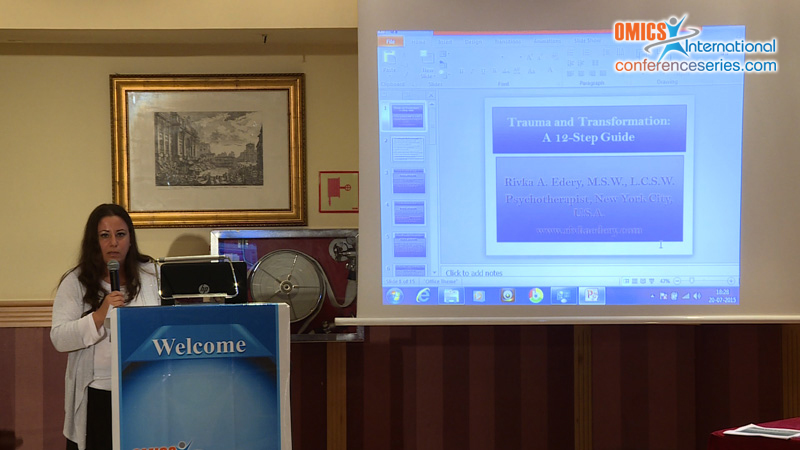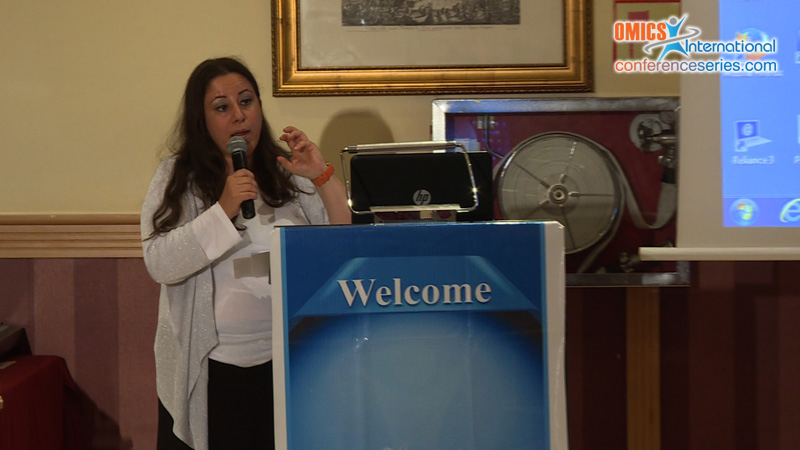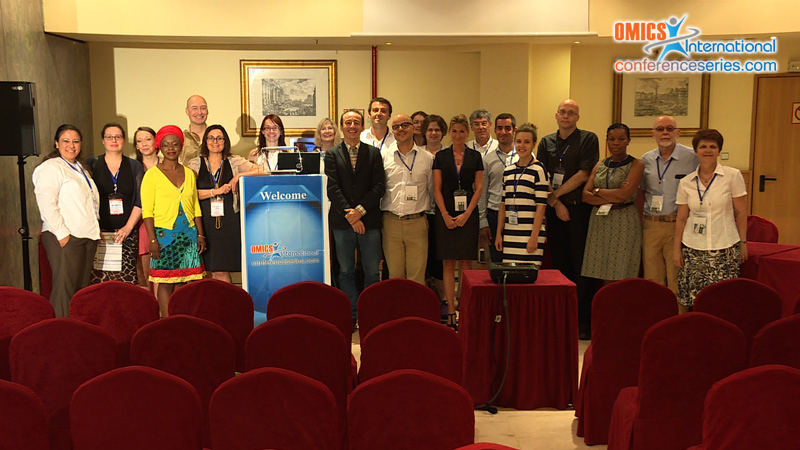
Rivka A. Edery, M.S.W. L.C.S.W.
Psychotherapist, USA
Title: Trauma and Transformation: A 12 Step Guide
Biography
Biography: Rivka A. Edery, M.S.W. L.C.S.W.
Abstract
ABSTRACT: The consequences of surviving trauma are complex, making it difficult to formulate a recovery and treatment plan. The most common defense mechanism, and the toughest one to work through, is denial. Throughout human history, lack of knowledge and non-acceptance of the perpetrators misdeeds has placed the suffering of survivors behind an armored wall, perpetuating traumatic effects. No recovery can occur behind this wall of forced silence, ignorance and lack of helpful resources. Over the last two decades, research has revealed the frequency of traumatic events, and their injurious effects on a survivor’s psyche. Mental health professionals have come to understand the connections between unresolved trauma and serious psychological problems. The role of spirituality in trauma recovery is often misunderstood and subsequently minimized. Trauma survivors usually have a difficult time experiencing their vulnerability and the attending feelings of having once been profoundly helpless and alone. The process of unearthing one’s memories and re-experiencing anguish requires the help of skilled, knowledgeable and spiritually grounded professionals who have done healing work on themselves. Interest and research on the healing effects of applying spiritual tools to the multi-layered consequences of trauma survival - including emotional pain, and interpersonal difficulties - has burgeoned. This book, “Trauma and Transformation: A 12-Step Guide”, discusses the efficacy of the 12 Steps of Alcoholics Anonymous to address and heal the root causes and conditions of dysfunctional behaviors, lack of meaning in life, and persistent psychic pain. Results: The primary outcome measure is the client’s self-report on improved affect regulation, reduced depression, decrease in maladaptive behaviors, decreased sense of helplessness and hopelessness, increased sense of personal accountability, meaning and purpose in life, and greater ability to modulate arousal; both physical and emotional.



